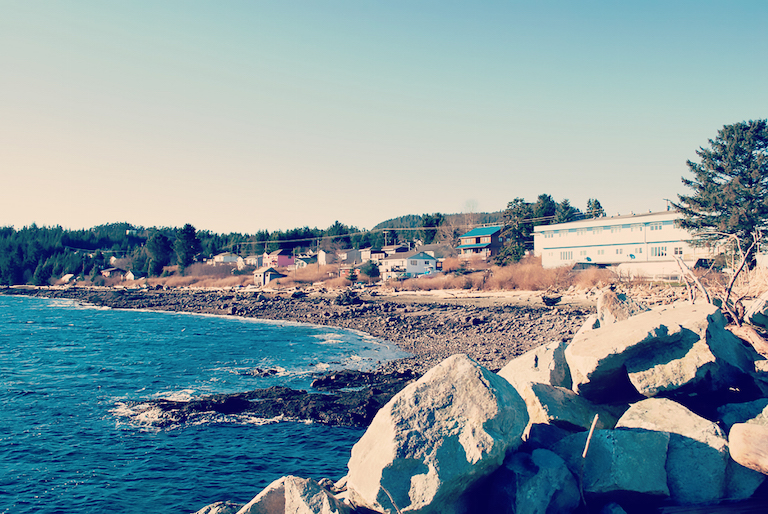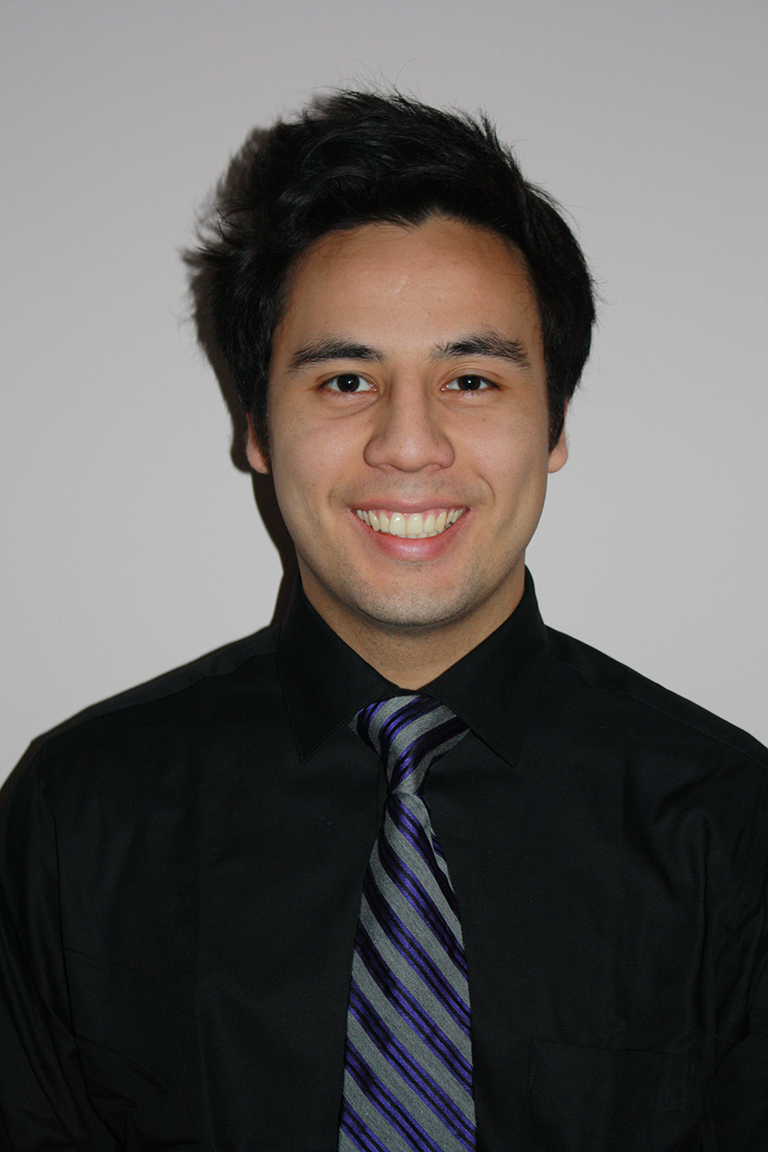A Rural Cure
In the world of movies and television, medical doctors are more often than not portrayed working in urban settings — big-city hospitals in gleaming urban environments. The rural doctor’s story is one rarely told, perhaps in part because fewer doctors aspire to work in rural communities and hence there are fewer stories to tell.
With BC’s ongoing chronic shortage of doctors, it’s the rural and underserved communities, especially Aboriginal communities, where the need for medical professionals is especially acute. UBC has quietly been shifting the paradigm by encouraging and training from within rural settings with the goal to not just produce more MDs but also seek out those students with a homegrown affinity for these smaller communities. The hope is that students with longstanding and heartfelt relationships to the people and place within a rural setting can, in turn, have potentially long lasting patient/physician relationships in the future.
Just ask James Williams, second-year Southern Medical Program student with UBC Okanagan and a proud member of the Kwanlin Dün First Nations from the Tlingit First Nation, Wolf clan.
Born in Whitehorse, Yukon, Williams was, from an early age, “inspired to become a First Nations family doctor” with the vision to “address the issue of the lack of physicians” and the “disparity in overall health care” in these small but cherished communities.
Williams speaks warmly of growing up in Whitehorse and says that it was a “joy being part of my First Nations community.” Assisted by UBC, Williams is now determined to reciprocate with everything he’s got: “Graduating from medical school seems to be far, far away but I intend to practice medicine in a rural Aboriginal community, preferably in the north.”
Williams is a living example of an ongoing, innovative method that UBC is using to help ‘fix’ the rural doctor shortage. By reaching out to young people who are already ‘attuned’ to the unique health-care needs of their communities and cultures, becoming a presence in the elementary and high schools via outreach collaborations such as the Healthcare Travelling Roadshow (where knowledgeable healthcare students from UBC visit elementary and high-school students in rural settings to demonstrate the ‘where’s and whys’ of medicine) and via specialized recruitment programs, it is hoped that K-12 graduates are more likely to enter into post-secondary medical education return to practice in their home communities.
In 2001, the UBC Faculty of Medicine established the Aboriginal MD Admissions Program. In 2004, in collaboration with various community and university partners, UBC launched North America’s first ‘fully distributed’ MD Undergraduate Program (MDUP).
Like the Aboriginal MD Admissions Program, the MDUP is designed to recruit from diverse economic, geographical and ethnic backgrounds traditionally underrepresented in medicine due to socio-economic factors and lack of career choices.
To date, almost 3,000 MDUP students have entered into medical education at UBC’s Vancouver, Vancouver Island, Northern and Okanagan sites. In a 2013 survey of MDUP students, five percent self-identified as Aboriginal with a further 17 percent as being from rural or remote regions.
The MDUP is now the third largest in Canada. It accepts 288 students per year, up from 128 in 2003. Postgraduate or residency training has more than doubled, from 133 admissions in 2003 to 328 in 2014. In 2014, nearly half the residencies – a record number – were designated for family medicine and where the need for general practitioners is acute, especially in small rural communities.
When the Aboriginal MD Admissions Program was set up in 2001, its original goal was to graduate 50 Aboriginal MDs by 2020. The program is now a model for other Canadian faculties of medicine, for good reason.
In 2015 and years ahead of schedule, the Aboriginal MD Admissions Program proudly met that goal, with 50 new doctors (with more to come) graduated and serving a world that desperately needs them.
James Williams plans to soon join them but it’s not always an easy road. “Applying to medical school is a daunting challenge.”
While completing his undergraduate degree at UBC, Williams tested the waters with many medical schools across Canada and found them lacking. “I began to realize how different UBC is. UBC has always been my first choice and the Aboriginal MD Admissions Program was a large factor in this choice.”
Whereas “many other universities with any First Nations involvement with admissions are either a small checkbox or a five- to ten-minute discussion,” Williams says UBC pre-admissions workshops “are amazing in helping connect with other Aboriginal students aspiring for bright futures.”
Once enrolled in the Southern Medical Program, Williams says the Aboriginal MD Admissions Program “has never stopped being helpful . . . with support, traditional teachings and mentoring” from faculty such as Aboriginal Student Initiative Coordinator James Andrew, whom Williams calls “a unique gem” to UBC and the Aboriginal MD Admissions Program.
“There is nothing quite like it across Canada,” continues Williams. “There is an actual presence, culture and ‘face’ present within the Aboriginal MD Admissions Program that is approachable and friendly.” For students now studying and living in a large city and different culture so unlike their own, Williams says the Aboriginal MD Admissions Program “sense of community” is very important.
He also offers this advice, from the heart: “If you have a passion and drive to make a difference in Aboriginal communities, follow it. Getting into medical school was a dream come true and is guiding me on my path to helping others.”
With the guidance of UBC and others, fuelled by their own passion and inspired to heal and help, many others from remote and rural BC are now on that same path.
Read more about
Aboriginal EngagementRead more Aboriginal Engagement stories:
Related Content


Campus
OkanaganCampus
Vancouver"IF YOU HAVE A PASSION AND DRIVE TO MAKE A DIFFERENCE IN ABORIGINAL COMMUNITIES, FOLLOW IT."